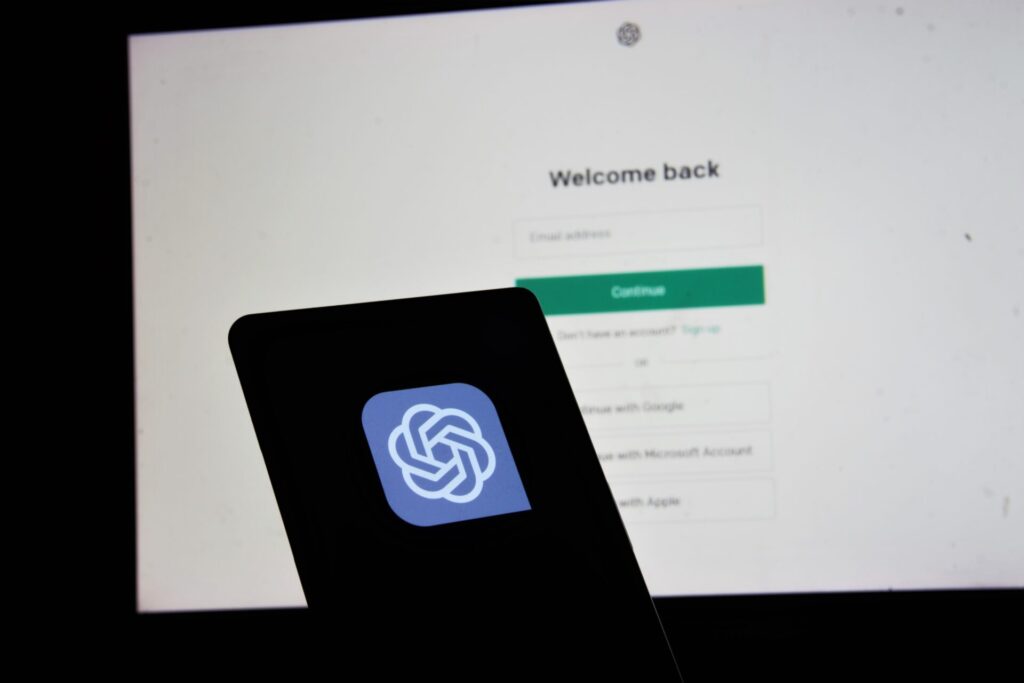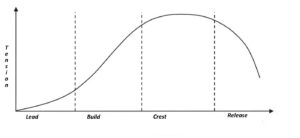Using AI to Mimic what Sells is Risky for Creatives
If you create or lead a team of creators, your work is far more than artificial.
Shouldn’t the creative act be extraordinary, too?
When everyone uses AI to make content, will your work still sing? Will its energy be alive…or artificial?
I contend that using AI to mimic what sells is risky for creatives.
For example, classical musicians are highly skilled in breathing new life into old content. They play the same notes perfectly every time, so what makes each performance special? Not artificial intelligence. I ought to know. I’m a classical pianist.
A Piano Roll Mindset
A player piano roll can do note-perfect replication of any piece of piano music. So can modern digital reproducing systems, such as the Yamaha Disklavier (which is also available in the world’s finest pianos from Bösendorfer) and the Steinway Spiro. Is this reproduction awesome? Yes. Mind-blowing? Always. But is it alive? Yes: the same way a particular audio recording is alive: the musician performed at the peak of their power in the studio when the recording was made.

But that’s not what artificial intelligence does. Creators using AI to make content bigger better and faster will, at some point in their work, face the choice of how much human magic to include. I contend that it is the humanness of content that connects humans to content.
(A corollary to that contention is that The Algorithm’s needs are far different, but we don’t need to go into that here and others have done so far more eloquently, and I’ve already given it a go here.)
Most of us don’t or won’t care about this, because it’s easy to use AI to make content for the masses.
The creators who do care are those who understand content as art. We know who they are because the advertising industry keeps score for us.
The Chevy Commercial
A recent entry into this rarefied air is “the Chevy commercial,” officially titled “A Holiday to Remember,” which has 2.6 million views on YouTube as I write this. In an unusual move, Chevy’s ad agency decided to use some of the actual science of how our human systems respond to music combined with a difficult family situation to produce a powerful emotional response.
Now that this commercial exists, all others are merely derivative. Still, the AI, SEO, and traffic algorithms will suggest derivatives and any creator who relies solely on AI for content risks their creative reputation. Sure, there will be moments of inspiration, but this is a “Where’s the beef?” or “This is your brain on drugs” moment: often quoted, but without the impact of being first.
Even if most people will never know, do you want to risk your creative reputation on mimicry? That’s meant to be a rhetorical question, but it does contain some ethical considerations that you’ll have to wrestle with on your own.
The Two Main Points
The first point here is that outsourcing the creative act to an AI bot is not the same as creating organically. Sure, you can AI-mimic well enough to “fool some of the people all of the time, and all of the people some of the time,” and if that’s the rock on which you want to build your creative business or agency, go for it.
However, the second and most important point that I hope influences your creative decisions is that “you can not fool all of the people all of the time.” Even though Chevy’s commercial has irked anti-woke people, it is based on well-researched evidence, which means that it is not trying to fool anyone. That fact makes the commercial super-powerful.
What Will You Choose?
So you have a choice: continue the easy road to a bigger better faster disaster (when your content is outed, as it certainly will be), or ride with Chevy to do something that is actually creative, has a huge heart, reaches into the depths of our human souls, and invites us to see things differently.
Will AI ever get there? Probably. But, for now, if you, Dear Creative Reader, throw your hat into the AI ring, just know that people will be able to tell. Doesn’t matter if you’re making music, art, words, or a resume, people can tell. Will you be part of the innovative creative movement or succumb to the lure of suckers who will consume anything?
And, if you decide to improve your old-school mindset, let’s do it together with music. I can show you how.
_____________________________
Over the course of more than 40 years of paying attention to how music works on us, Bill Protzmann discovered the fundamental nature and purpose of music. Bill has experimented with what he learned through performing concerts, giving lectures, facilitating workshops, and teaching classes. For example, he first published on the powerful extensibility of music into the business realm in 2006 (here and abstract here). Ten years later, in 2016, he consolidated his work into the Musimorphic Quest. In this guided, gamified, experiential environment, participants discover and remember their innate connection to this ancient transformative technology. Also, The National Council for Behavioral Healthcare recognized Bill in 2014 with an Inspiring Hope award for Artistic Expression, the industry equivalent of winning an Oscar.



